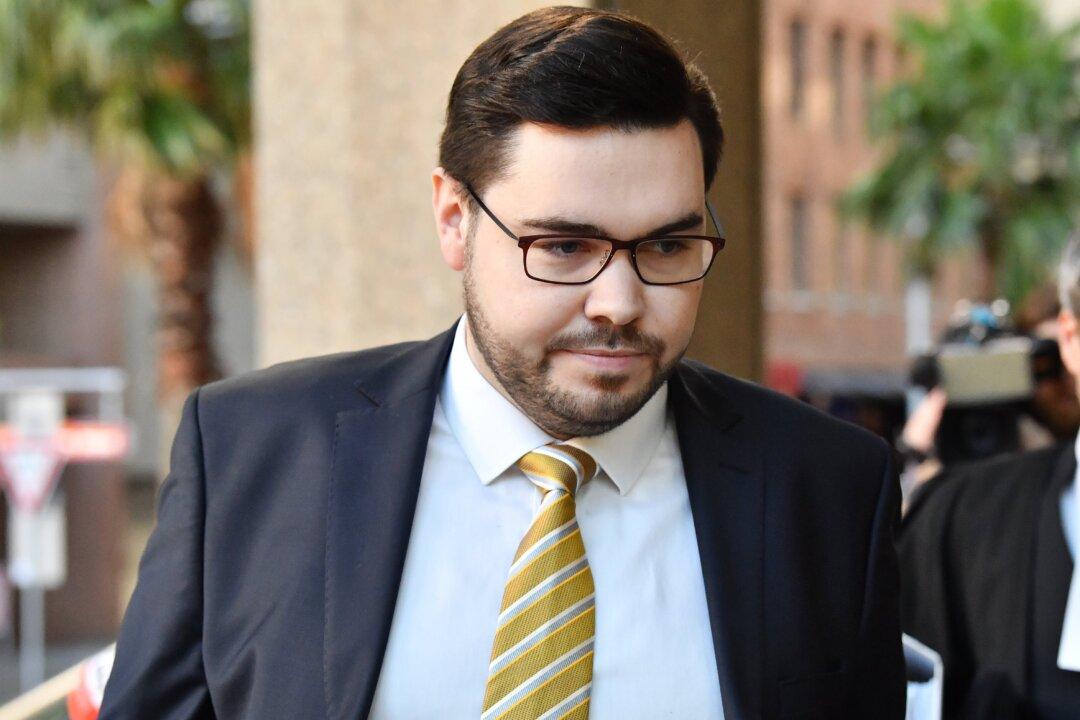Commentary
A few years ago, an engaging young overseas-trained doctor arrived in one of Australia’s biggest cities to do post-graduate research. He was a popular and confident student, soon appointed to leadership roles at the university college where he was staying, thrilled to be part of its student community.





